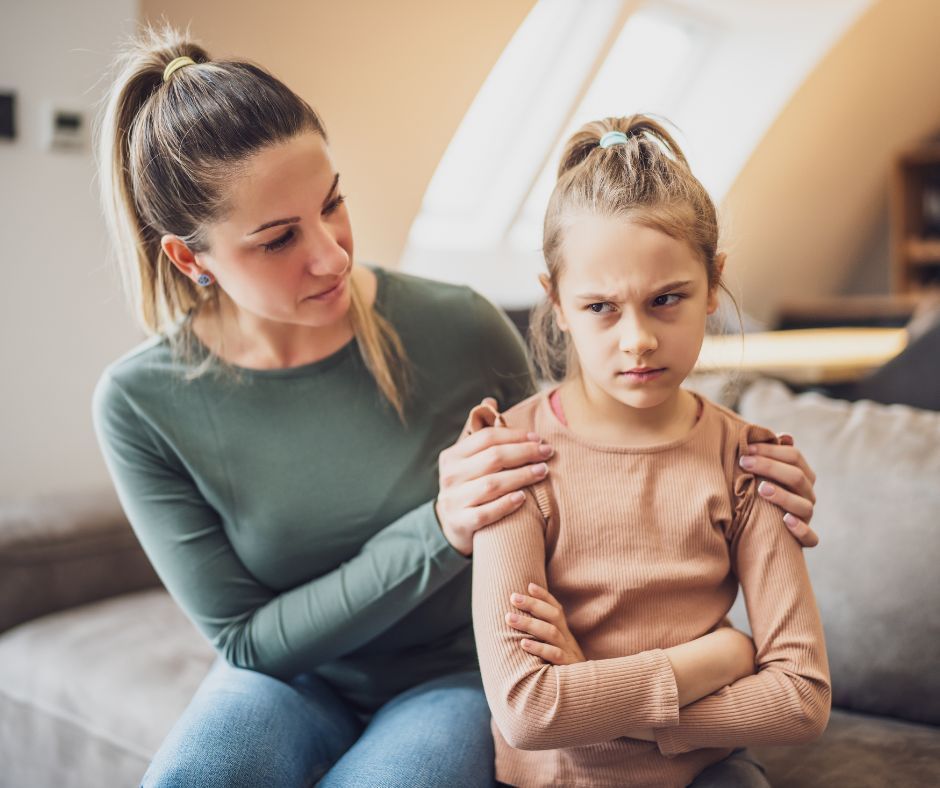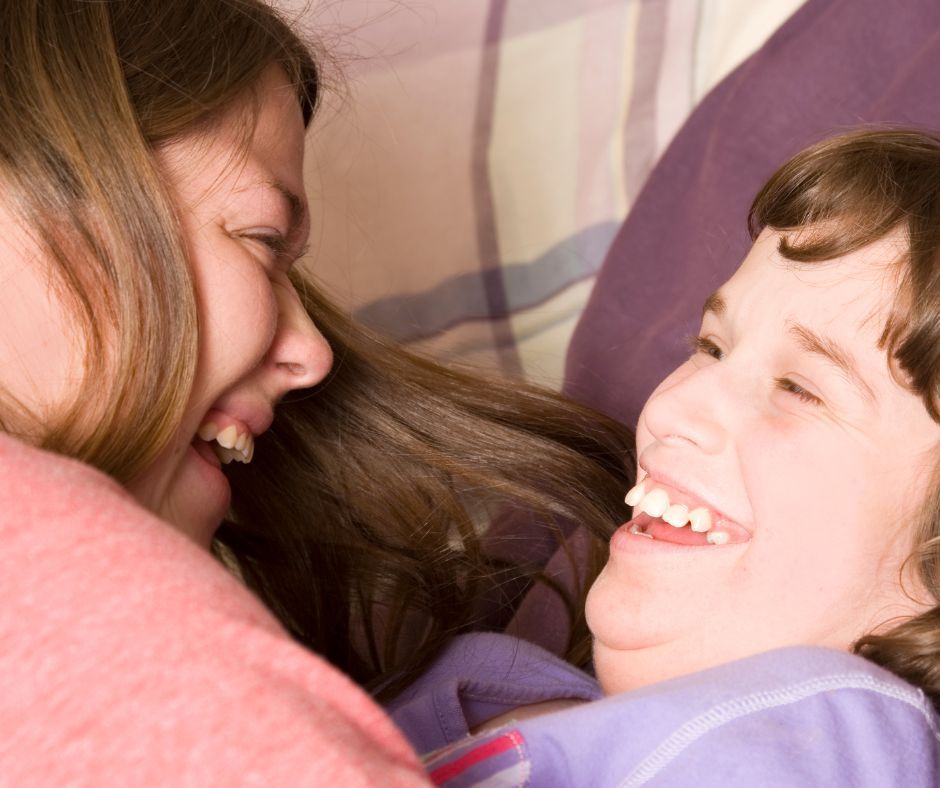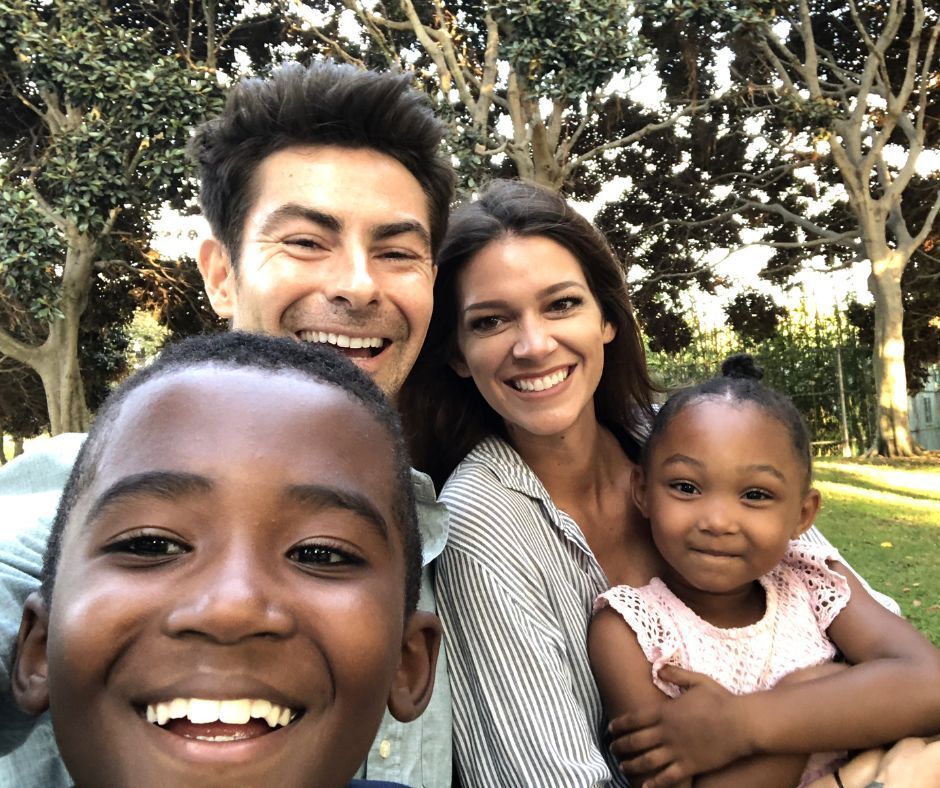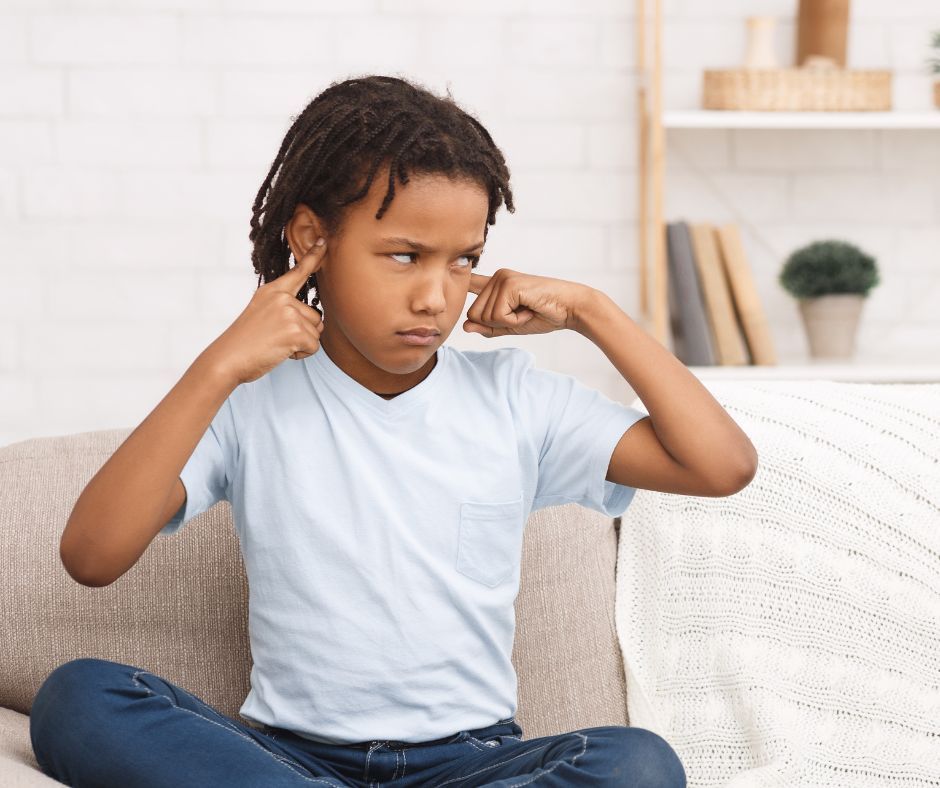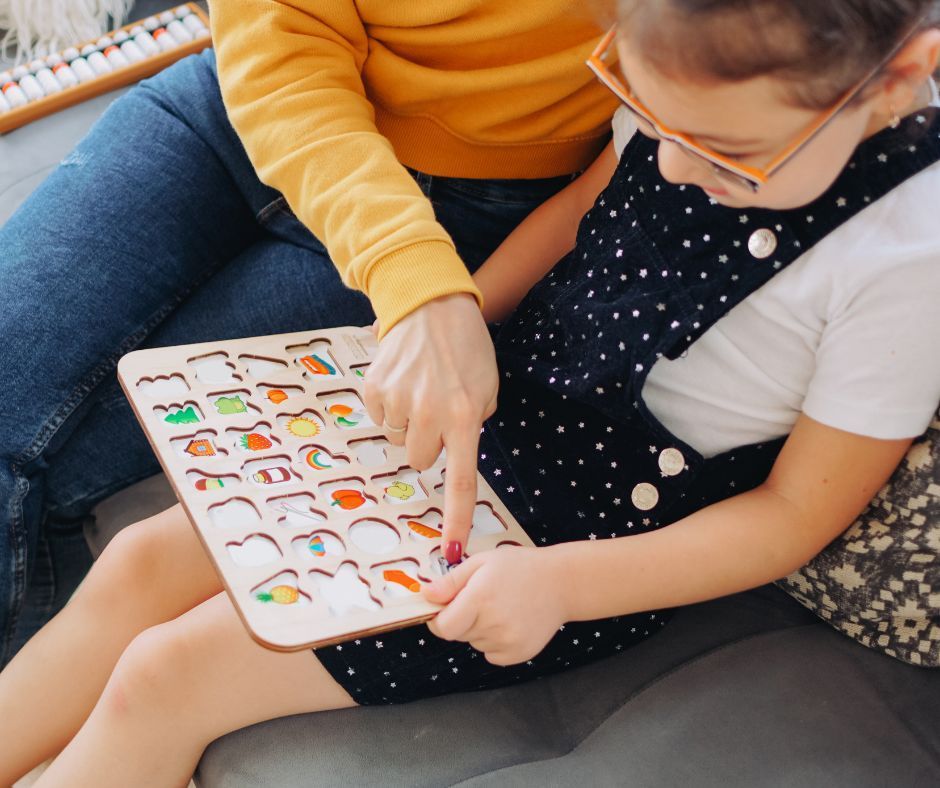Sometimes, as parents, we forget that our children ultimately have the power to choose whether or not to receive the help we offer. We can set the stage, extend our hand, and even create an environment of safety, but in the end, the decision to step into that space belongs to them.
I was reminded of this truth in a simple, everyday moment. My husband was driving one afternoon when he noticed a car broken down on the side of the road. Being the kind of person who always stops to help, he pulled over, rolled down the window, and asked if the driver needed assistance. The man shook his head firmly. “No, I’m fine,” he said. My husband respected his decision and drove away, though he knew he could have offered tools, a phone call, or even a ride. He had done everything right—he noticed, he cared, he offered—but ultimately, the driver chose to refuse.
Parenting trauma-impacted kids can feel exactly the same way. We show up again and again, ready to help. We offer tools, connection, guidance, and love. Sometimes they accept our presence and allow us to step in. Other times, they wave us off—maybe with anger, maybe with defiance, maybe with withdrawal. In those moments, it is tempting to believe we’ve failed as parents. But refusal does not equal failure. Just as the driver’s “no” didn’t mean my husband’s offer was worthless, our children’s rejection doesn’t cancel out the value of the help we extend.
This is especially true in the world of trauma. Children who come from hard places often carry deep fears of dependence, vulnerability, or trust. Accepting help means relinquishing control, and that can feel terrifying. What looks like stubbornness or rejection is often self-protection. It is the child’s way of saying, “I don’t feel safe enough yet to let you in.”
So what does this mean for us as parents? First, it calls us to remember where our responsibility ends. We are responsible for offering help, for being present, for creating safety. We are not responsible for forcing our children to accept it. This is the hard but necessary line between what we can do and what we cannot do. Second, it means that every “no” is not the end of the story. Just because our help is refused today does not mean it will be refused tomorrow. Every offer communicates something: I see you. I care about you. I’m not going anywhere. Over time, those messages create the safety a child needs to eventually say “yes.”
Parenting is not about fixing every problem the moment it arises. It is about faithfully offering what is ours to give, and then respecting the autonomy of our child to decide when and how they will receive it. Like the driver on the side of the road, our kids have the right to refuse our help. But unlike that one-time encounter, we have the gift of staying present, circling back, and offering again—until the day they are ready to let us in.

